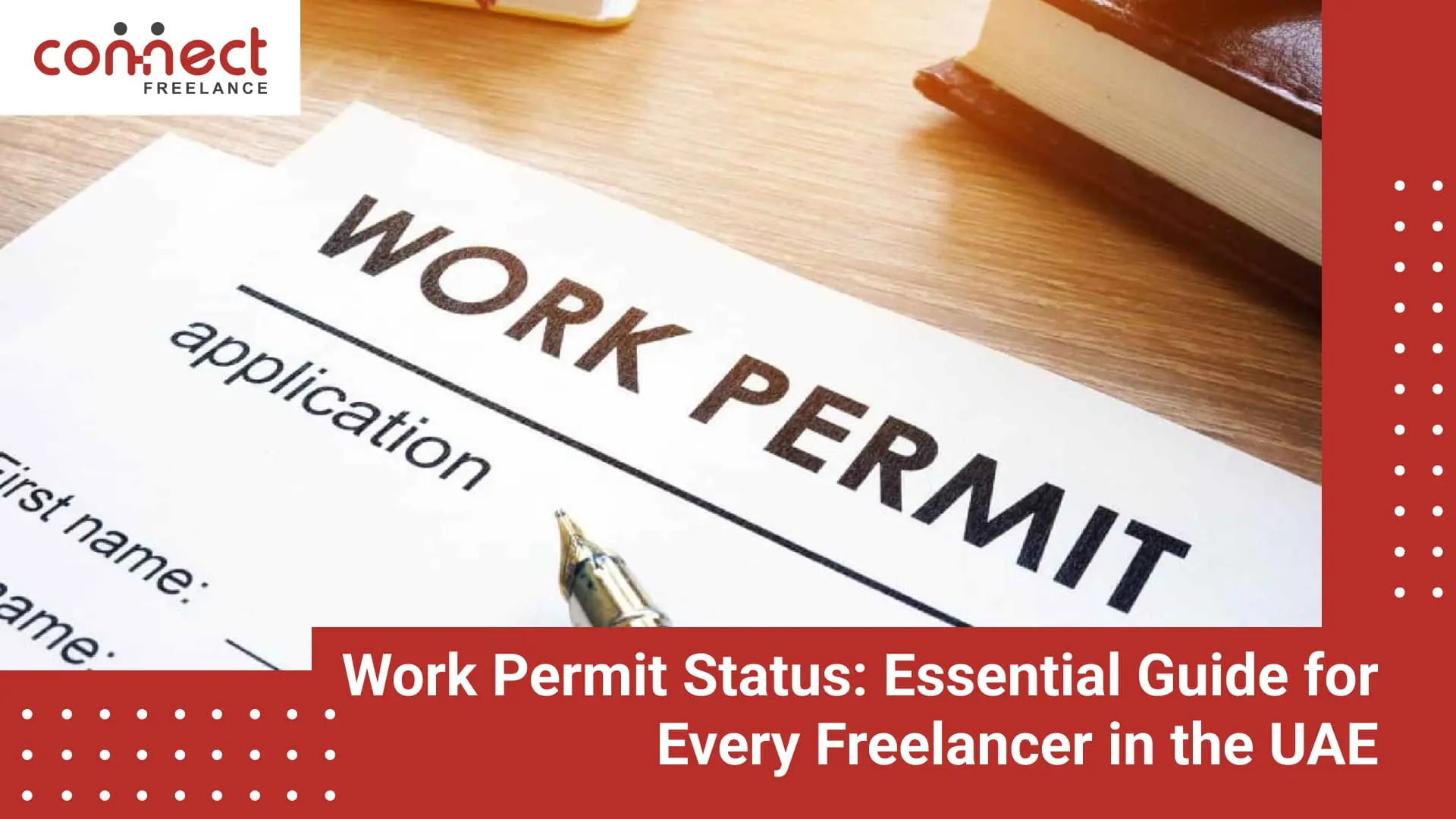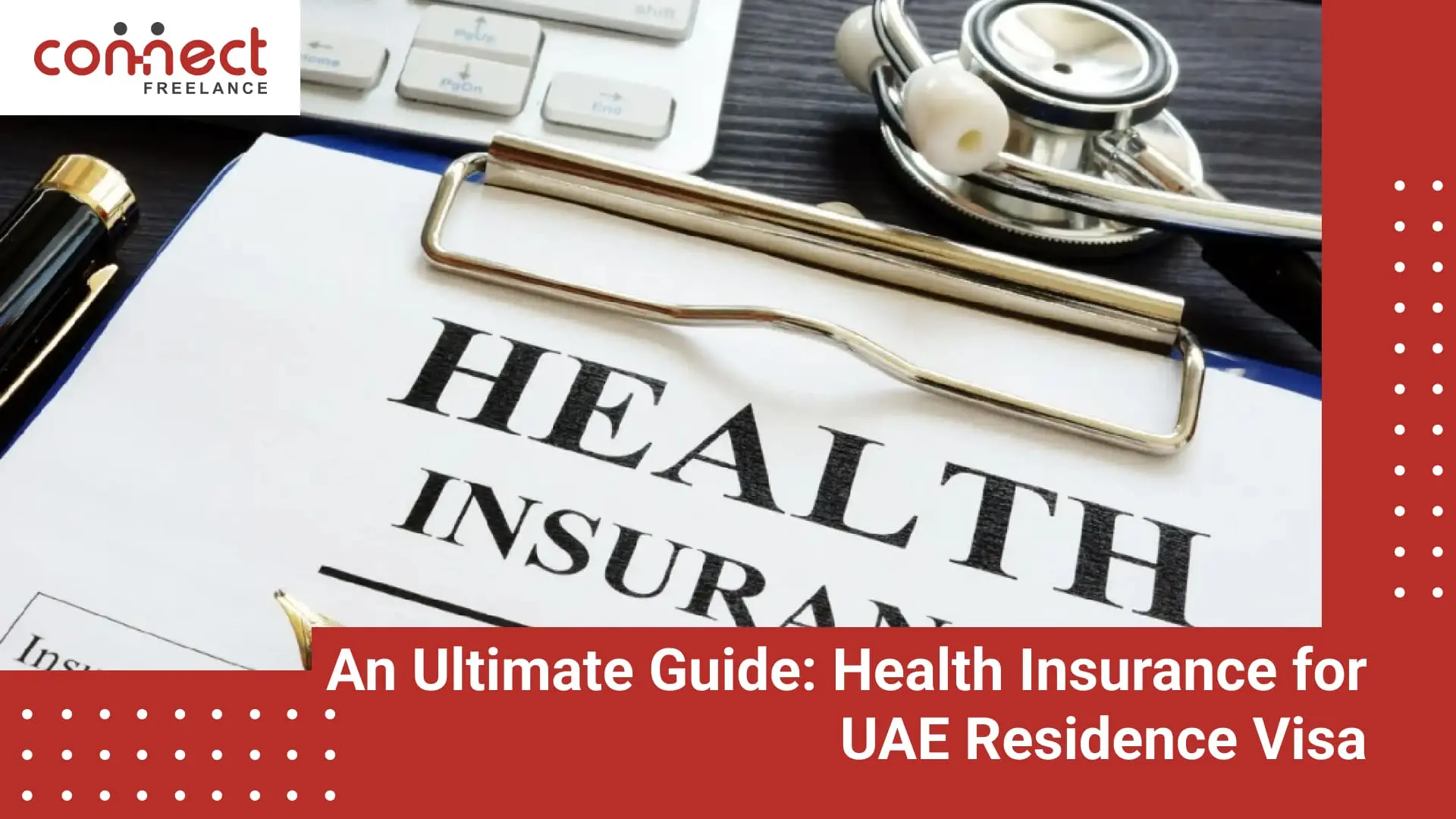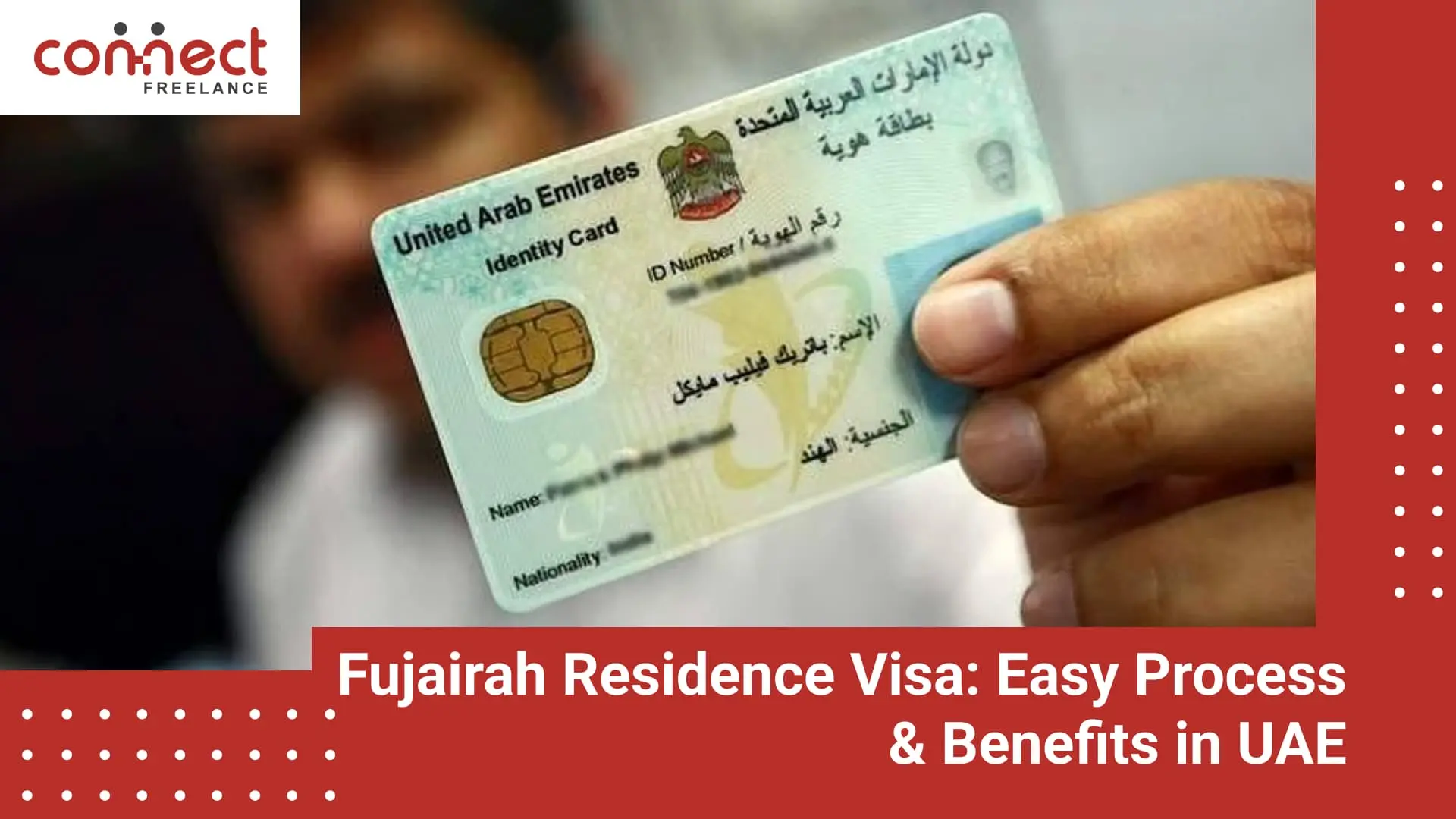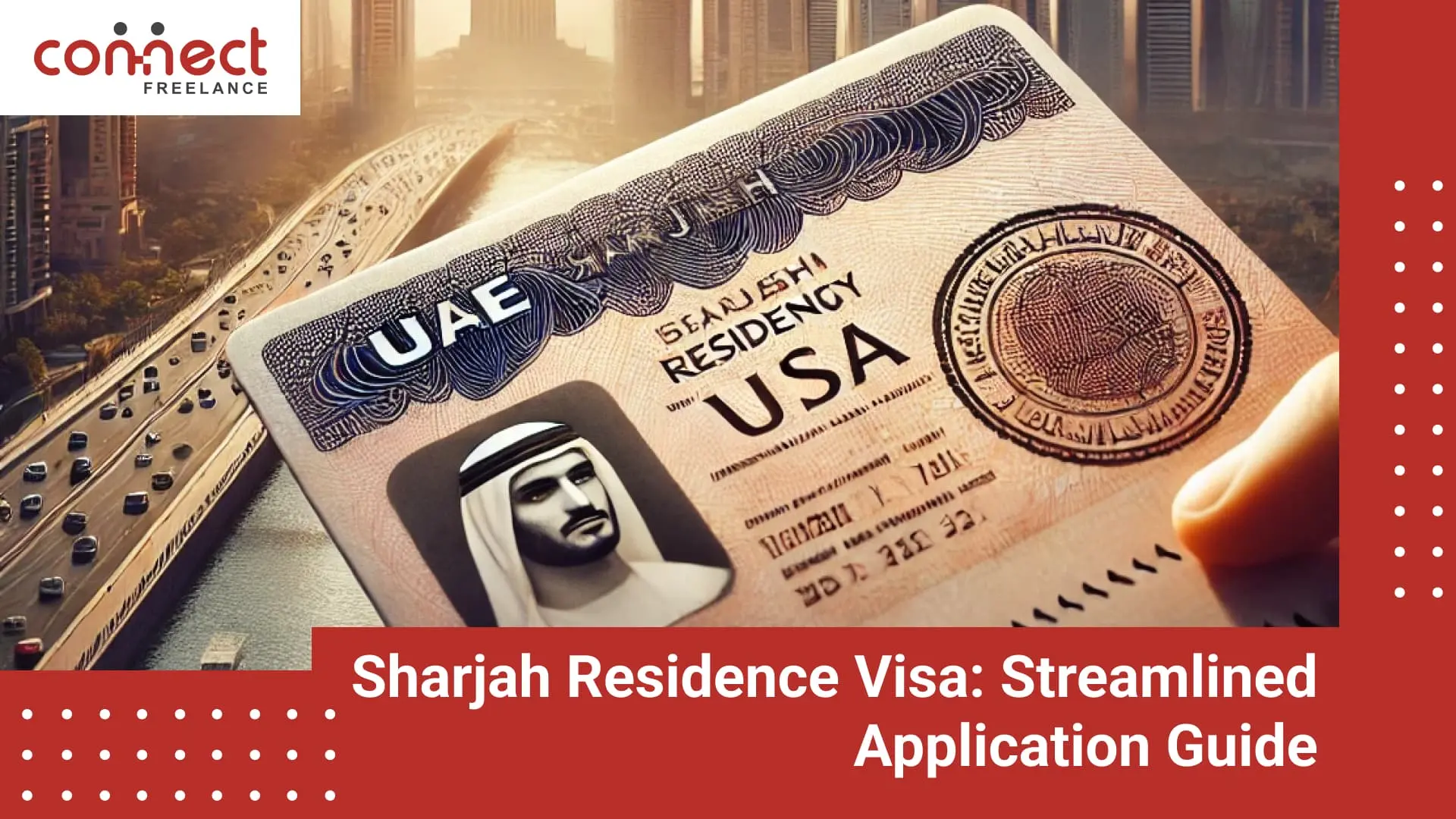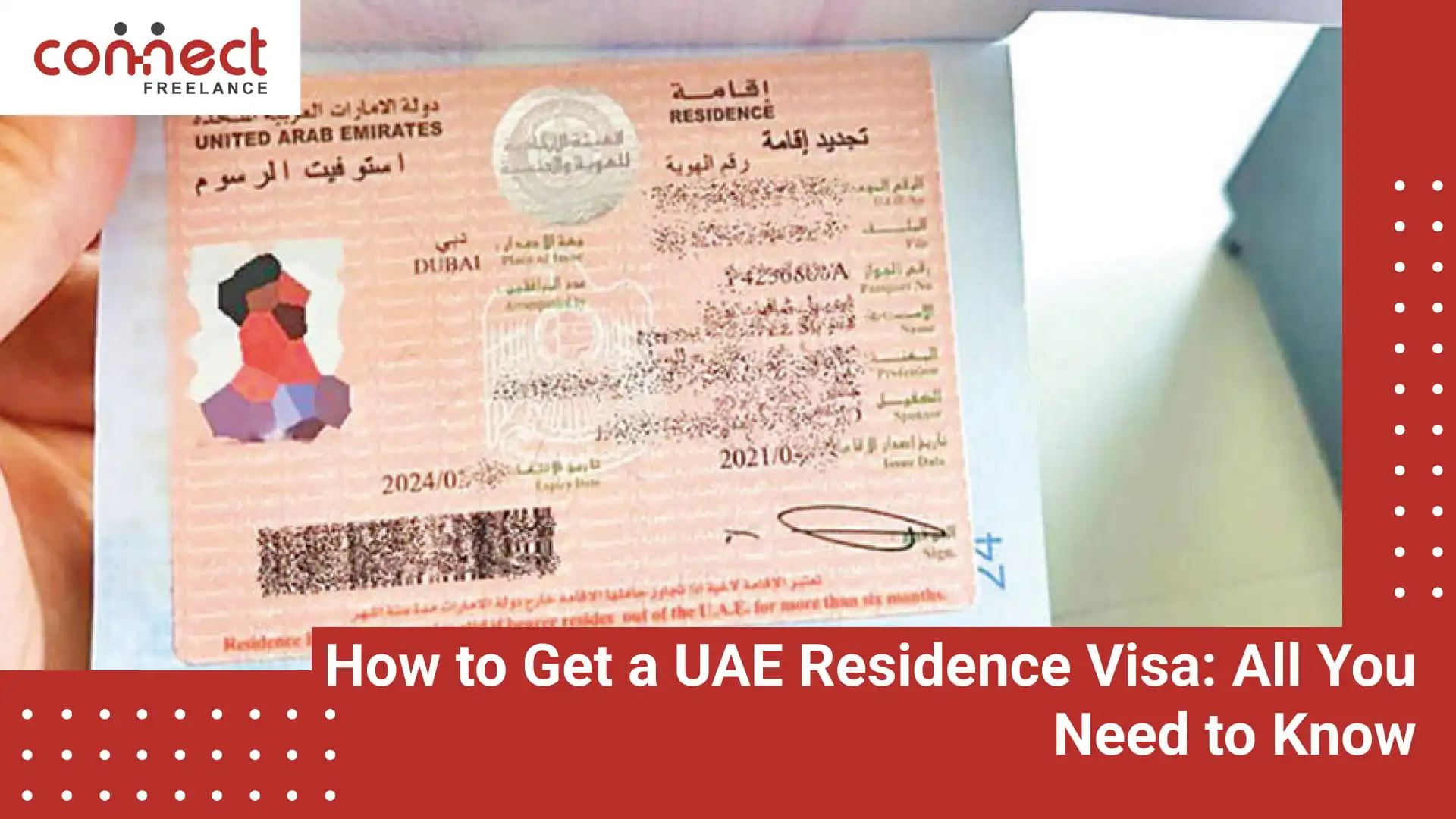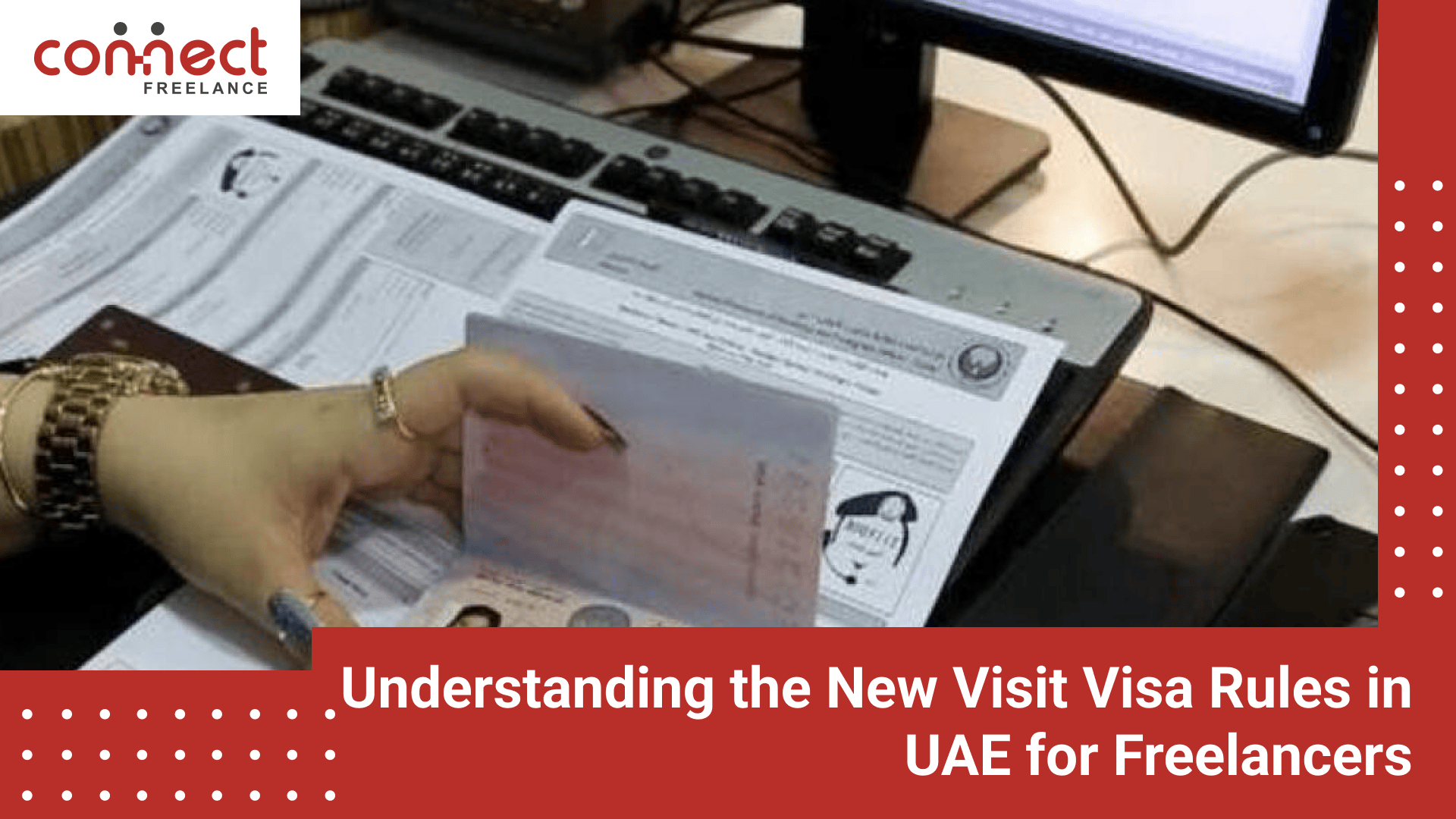Student Visa UAE – Legal Stay with Easy Steps and Options
Students across the world can be students in the UAE and pursue their dream education. The only thing that boosts your chances to a hundred percent is a student visa UAE. Not only are you going to stay here legally, but you will also be able to access all opportunities. Grow your academic career in an environment that provides quality education, safety, and globally extended opportunities. If you are wondering when to take a step? The prime time is now. Dubai’s private higher education sector jumped 20 % from the previous year in enrolling international students. This makes up around 35 % of the total student body. You are not alone in this flourishing journey. This piece of paper is all you need to upgrade your living, studying, and your future because the work options are endless. Start from zero with this guide in your heart. Read along to find out what the visa is and why the UAE is worth choosing. Also, learn what documents you need, how to apply, the costs involved, and what happens after you graduate. What is a Student Visa in the UAE? To give you a clear idea, consider this. If you want to study in the UAE and you are not a resident there, tourist visas are not your game. You need a student visa! Definition & Purpose A UAE student visa is a legal permit given to students from outside the country who are accepted into a recognized school, college, or university here. It’s your pass to stay in the UAE for your studies without worrying about legal issues. Visa Duration and Validity Usually, a student visa is valid for one year. If your course is longer, you can renew it every year until you finish. Your renewal depends on whether you’re still enrolled and doing well in your classes. Some universities arrange multi-year visas, but you still need to keep your student status active. Why Study in the UAE in 2025: Top Benefits for Students The UAE has become a top choice for people across the globe, and the reason is not just its adventurous and luxurious landscape. The higher education system of this country is all over the place, building a reputation as a world-class education system. World-Class Universities & Global Recognition The UAE is home to globally recognized institutions such as: Khalifa University New York University Abu Dhabi American University in Dubai. These universities offer programs in engineering, business, medicine, and more, ensuring students receive top-quality education. Degrees earned here are internationally respected, giving graduates the chance to pursue careers not just in the Middle East but also in Europe, Asia, and North America. For students seeking academic excellence combined with global opportunities, the UAE offers a strong advantage. Multicultural Environment & Student-Friendly Cities Studying in cities like Dubai, Abu Dhabi, or Sharjah means being part of a truly global community. Students enjoy access: Modern libraries Affordable transport Safe neighborhoods Countless cultural events. The UAE blends tradition with modern living, creating a welcoming atmosphere for newcomers. Whether you’re into art, sports, or technology, there’s always something happening, making student life exciting and fulfilling. Strategic Location & Job Opportunities The UAE’s central location opens doors to both Middle Eastern and international markets. While studying, you can explore internships or part-time roles that boost your career experience. Many students also try out freelance jobs, which the UAE now supports legally under a freelancer permit. These opportunities help students earn extra income, build professional skills, and create networks that often turn into full-time jobs after graduation. Key Advantages of a UAE Student Visa A student visa isn’t just about permission to study; it comes with several advantages that make life in the UAE smoother and more rewarding. Smooth Pathway to Long-Term Residency One of the most attractive benefits is the chance to transition from a student visa to a long-term stay. High-performing students may qualify for the Golden Residency UAE, which offers up to 10 years of residency. For others, completing studies can be the first step toward applying for a standard UAE residence visa if they move into employment or sponsorship. This creates a smooth pathway from studying to settling down, making the UAE a future-friendly choice for ambitious graduates. Approved Legal Residency Status A student visa grants you the legal status of residency in the UAE. You get the official permission to live for the entire length of your course. This legal stay gives you peace of mind and ensures you can focus completely on your education, personal growth, and exploring life in the Emirates. Plus, you won’t need to worry about renewing short-term visit visas. Flexibility to Work Part-Time or Intern You can work part-time or take internships with this visa under legal terms. This opportunity is not the same as tourist visas. Universities often help connect students to opportunities, whether it’s a role on campus, a retail job, or a professional internship in their field. This not only supports your living expenses but also helps you gain hands-on experience and expand your network while studying. Access to Student Discounts & Public Services Students with valid visas enjoy exclusive benefits across the UAE. From discounted metro cards to cheaper entry at museums, cultural events, and entertainment spots, the savings add up quickly. You also get easier access to essential public services, including healthcare. These perks make day-to-day life more affordable while letting you experience the country’s vibrant student culture. Requirements for a UAE Student Visa Application Check the eligibility rules and see if you fit the standards before applying. Prepare the document properly. Basic Eligibility Criteria To qualify, you must: Have an official admission letter from a licensed UAE university. Be 18 years or older. Required Documents You’ll need: Passport-sized photographs University admission letter A passport copy, valid for at least 6 months Emirates ID application form Medical fitness test results Financial Proof You or your sponsor must show you can afford tuition and living expenses. This could



